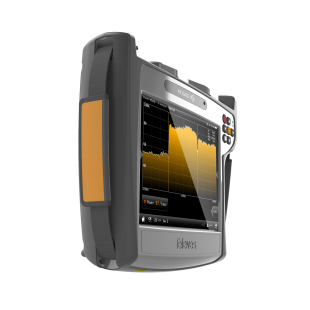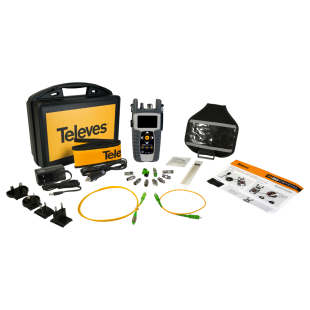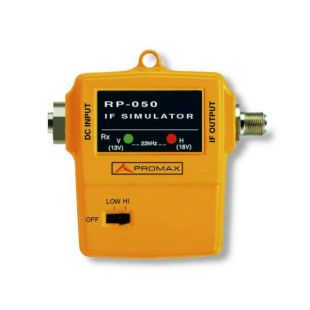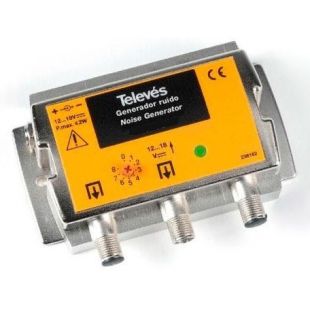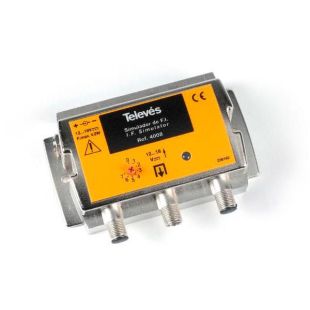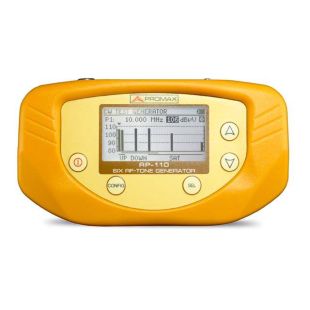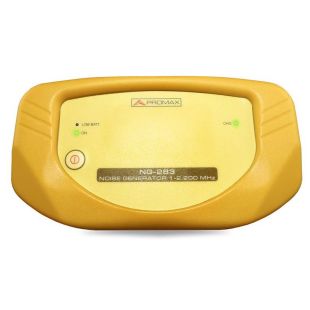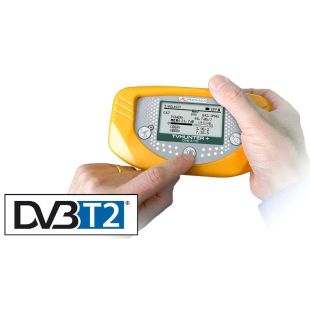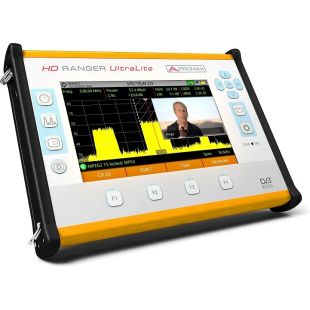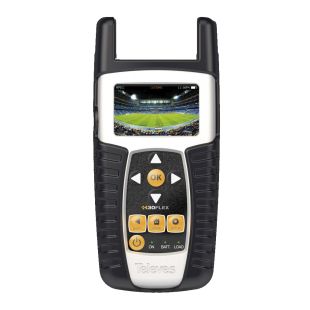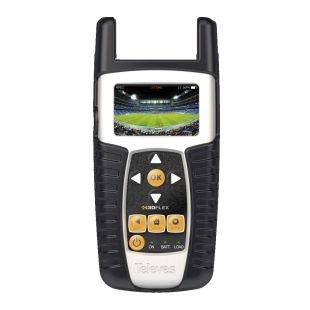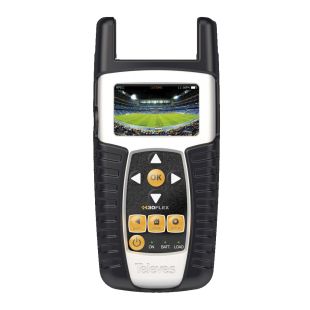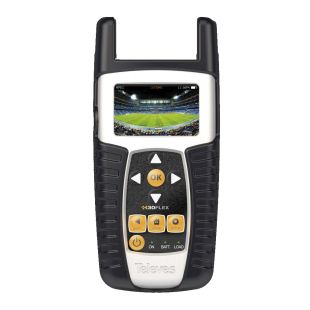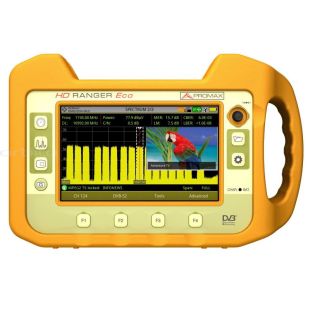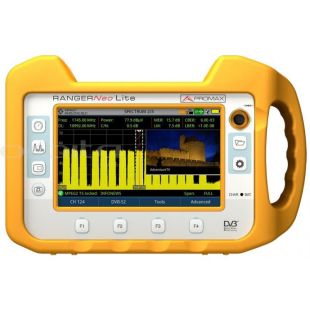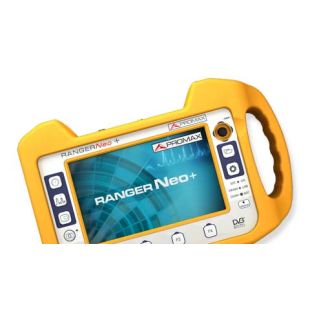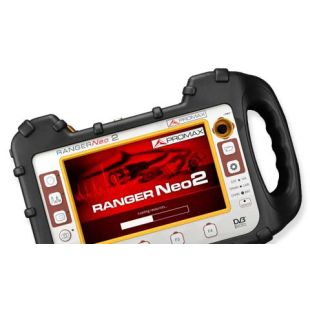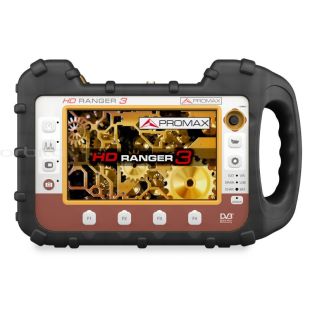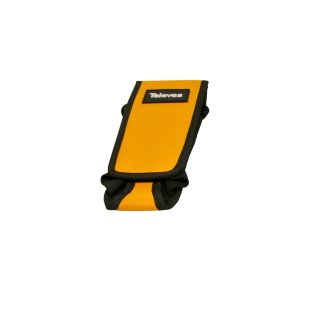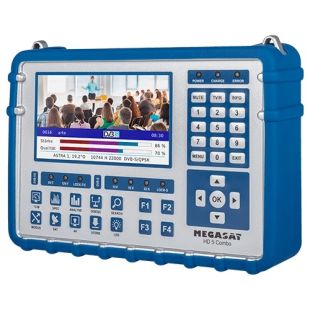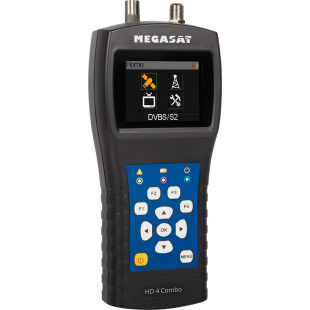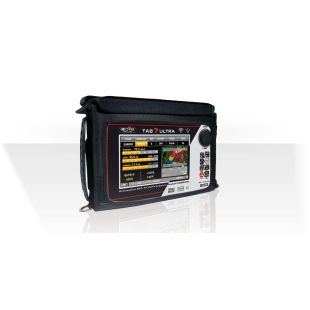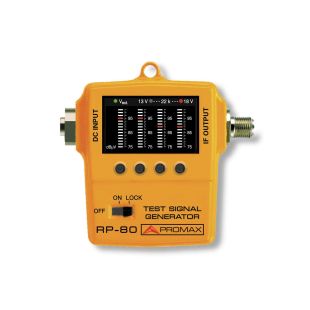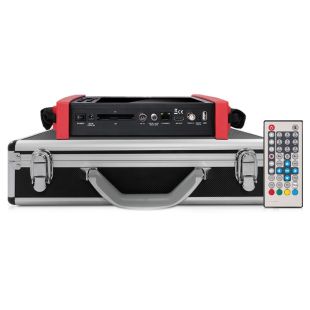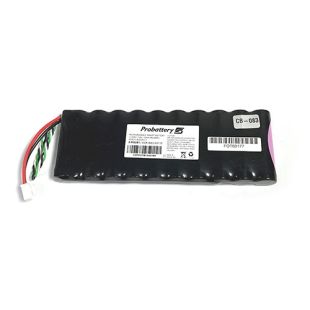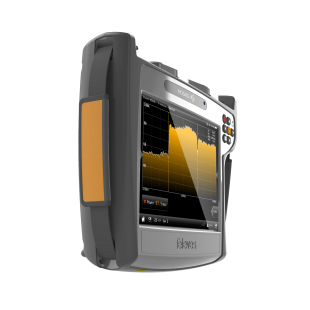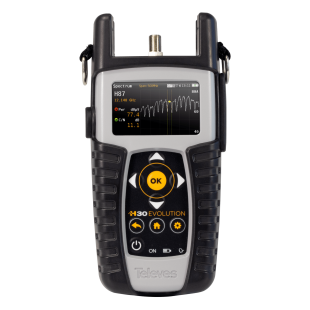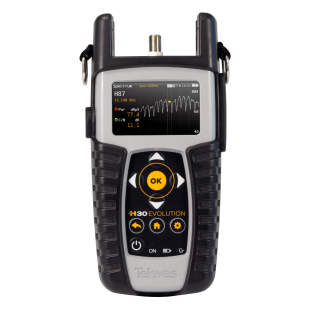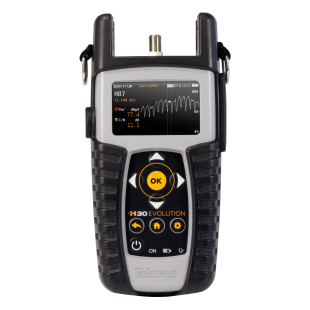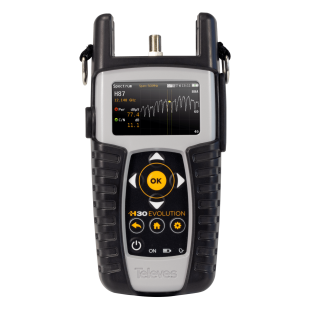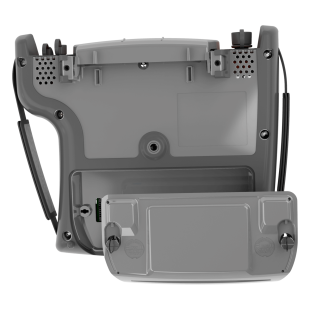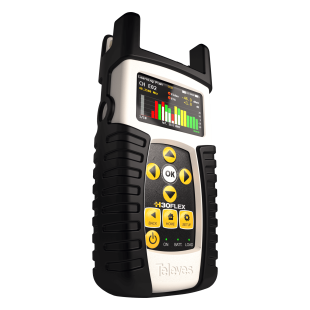Great store. Will be my favorite in the future. Sent quickly. All items are brand new sealed. And the prices are very nice. Separately, I want to thank Álex Guerra, who controlled my order from start to finish. In general, you are great!!
Thank you for the service. Absolutely top
Great comms. Very helpful and reliable all along
Order placed packaged well, dispatch and delivered promptly Would use again. Thank you
42/5000 the best team, both human and technical
-
 📺¿A qué se debe la mala señal TDT?
📺¿A qué se debe la mala señal TDT?Las causas a las que se debe una mala señal pueden ser variadas, pero en verano hay un repunte de casos.
-
 Material Telecomunicaciones Málaga
Material Telecomunicaciones MálagaEl mejor material de telecomunicaciones para profesionales en Málaga. Calidad, variedad y asesoramiento en tu zona con TDTProfesional
-
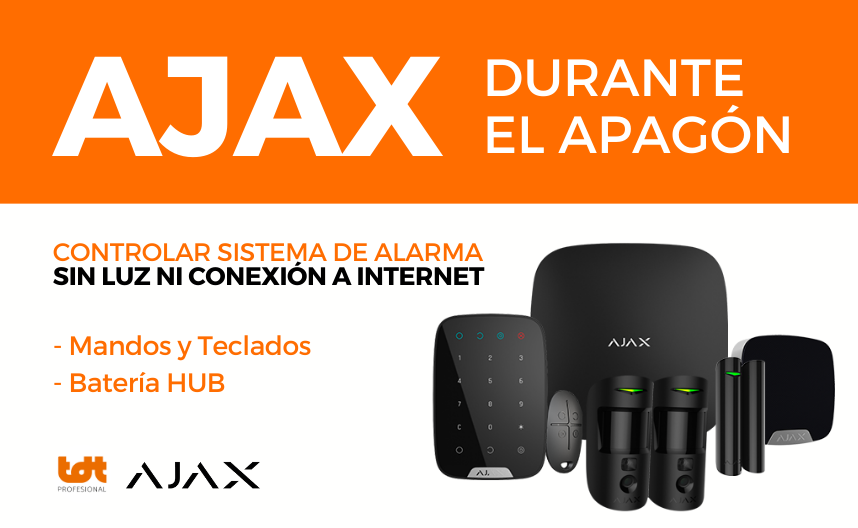 ¿Cómo activar la alarma sin luz ni internet? – AJAX
¿Cómo activar la alarma sin luz ni internet? – AJAXAprende a activar la alarma sin luz ni internet. Protege tu hogar o negocio durante un apagón con AJAX. ¡Seguridad garantizada!
-
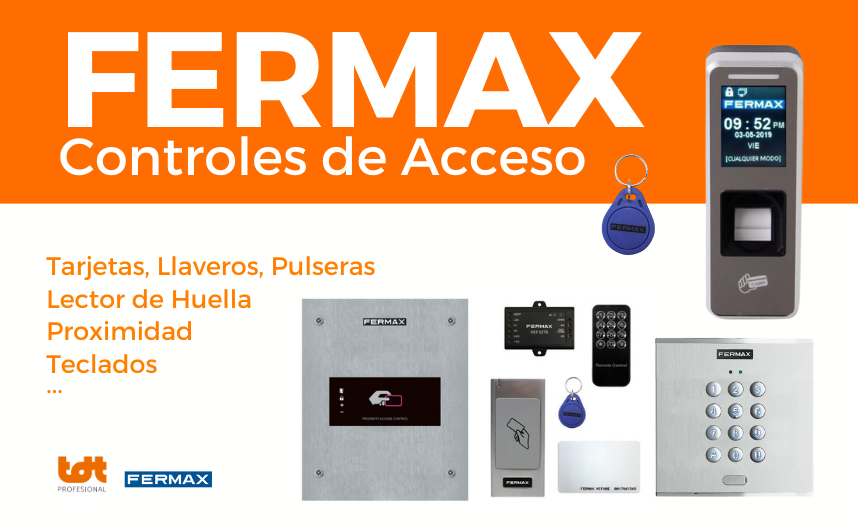 Controles de Acceso de Fermax
Controles de Acceso de FermaxDescubre los controles de acceso de Fermax, mediante los cuáles podrás abrir la puerta de tu vivienda o negocio de una forma fácil y segura.
-
 Semana de Internet – 5% Descuento
Semana de Internet – 5% DescuentoSemana de Internet: ¡Gran descuento en todo nuestro material de telecomunicaciones! Equípate al mejor precio. Descubre nuestras ofertas por tiempo limitado.
-
 Puntos de Acceso – La mejor elección
Puntos de Acceso – La mejor elecciónCaracterísticas clave de los puntos de acceso para una experiencia de red excepcional. ¿Cómo elegir el mejor modelo según tus necesidades? ¡Optimiza tus red Wifi!
-
 Por qué usar tubos corrugados en tus instalaciones
Por qué usar tubos corrugados en tus instalaciones¿Por qué usar tubos corrugados? Si los cables ya vienen preinstalados dentro de un tubo corrugado conseguimos un ahorro de tiempo y de mano de obra. Te contamos todos sus beneficios.
-
 Qué Tipo de Armario Rack Necesito
Qué Tipo de Armario Rack NecesitoPara escoger un armario rack adecuado a nuestras necesidades tenemos que conocer los tipos de racks que existen y cuales son las condiciones que necesitamos que cumplan. […]
Field Meters - Tools and Equipment for Installers
Profesional HD Field Meters - HD Economic HD Field Meters - OpcOptions and Accessories Field Meters
HD Field Meters
On 14 February 2024, DTT television stopped broadcasting in standard definition SD and make the move to high definition HD. For TV technicians and installers, it is essential to check if your field meter is compatible with HD signals, or if you need to purchase a new one to adapt to the HD scenario.
We highlight our categories of professional HD field meters with brands such as Televes, Ekselans or Promax and economic HD field meters for those with less demanding needs in their installations. Find out the differences of economic vs professional field meters, at our blog.
Field Meter Renewal Discounts
Meter Renewal Discounts
If you need to renew your field meter we recommend our X-Change Televes and Renove Promax promotions. We offer impressive discounts by handing in an old field meter when you buy a Promax Ranger, Televes H30Crystal or Televes Mosaiq. Take advantage of this offer valid until 30 April to renew your metering equipment at the best possible price - there are discounts for everyone, regardless of the brand of your meter!
We remind installers that they can register as professionals on our website to get an extra discount that does not apply to individuals outside the telecommunications sector.
How to choose a field meter?
The field meter is undoubtedly an essential tool of a telecommunications installer, as it is the tool capable of measuring terrestrial radio, television and satellite signals, guaranteeing that a satisfactory installation has been carried out.
In order to buy the ideal signal meter, we need to choose carefully. These are expensive devices and it is not advisable to buy one that will be too short in a few months, or to make a heavy investment in which we will not get even 10% of its performance.
Field Meters
Type of Signals
The 3 most common types of television installation are: terrestrial television (DTT and Radio), satellite television and cable television. Most meters perform measurements for all 3 types of signals, but in many cases it is only necessary to work with a field meter with functions for DTT and cable internet signals. The more signal types the meter interprets, the higher the price will be. Are you looking for a professional Field Meter o an economic field meter ?
If we do not want our field meter to become outdated, we can consider buying a meter that can be upgraded without having to go through the factory. Manufacturers are continually upgrading the software of their meters and adding new functions and features. Keeping the meter up to date allows you to keep the channel list up to date, both DTT and satellite, and also to carry out installations much more reliably. We highlight the Televes H30FLEX Field Meter H30FLEX.
The field meters that can be updated, allow measurements to be recorded and downloaded directly to the computer and issue reports, installation guides and test protocols for the radio television of common telecommunications infrastructures of a real estate complex.
Types of Field Meter Measurements
Analogue measurements. We highlight the following:
- Power: This is the level of the analogue signal being received. It is measured in dBuV.
- C/N. It is the ratio between the signal power and the noise floor. It is usually measured in dBuV.
Digital measurements: Digital measurements vary depending on the type of signal we are measuring (DVB-T, DVB-C, DVB-S or DVB-S2). Below we highlight the digital measurements common to these 4 types of signals:
- Power: This indicates the level of the digital signal being received. It is normally measured in dBuV.
- CBer: This is the bit error rate measured before the Viterbi decoder (it is not corrected).
- Mer: This is the modulation error rate. It measures the quality of the modulated signal. It is one of the most commonly used error measures for digital measurements.
Also commonly used are measures such as VBER, Constellation or Link Margin, which are not common to all signal standards.
Many meters, such as Promax or Televes, display along with the measurements, an indicator that the measurements are correct, so that it is easier to interpret the sample signals. The standards indicate different measurement values depending on the point where the measurements are taken, so it is necessary to tell the field meter where we are. It is not the same to measure the signal at the head-end of a building or at the user's socket. Check the ICT2 regulations.
Field Meter Functions
The basic functions improve with the quality of the meter and its performance. They are:
Measurement function: Undoubtedly the most important function of the meter. It displays all the measurements necessary to check that the installation complies with current regulations.
Most high-end meters perform the same measurements, so we will have to analyse the sensitivity and the margin of each model.
Spectrum Analyser: This function will allow us to see the signal as a function of frequency and power, represented in a diagram. Span and reference levels are usually evaluated as the most important parameters.
Each meter may have a different scaling for the Span, so it is useful to know if we need to see the signals very "enlarged". It is important that the field meter has a spectrum analyser with a real time sweep speed, in order to be able to see the signal variations.
TV mode: This function is actually the least important of all. It is the one that allows us to see the image and listen to the audio of the signal we are measuring on the screen of the analyser. There are different modes: analogue, digital, standard definition and high definition.
If we really know how to interpret the measurements, it is not usually used, but in most cases it is very useful for our client to check that the signal received is correct and can be seen and heard in perfect conditions.
Tips for buying Field Meter
Please note that there are field meters with different span ranges. The cheapest ones are only able to show the signal in "Full Scan" mode or with a certain span. You could say that they only have one zoom mode.
As a tip, we recommend working in spectrum analyser mode with the reference level as high as possible. How is this done? It's simple, we should always have the signal with the highest power as high as possible without clipping it. This way the measurements will be as accurate as possible, as the noise floor will be as low as possible.
Another feature of the spectrum analyser mode is that it allows us to make measurements both per channel and per frequency. Depending on the nature of the signal, the channels will be expressed in one way or another. For example C57, which corresponds to a DTT channel in the UHF band with a centre frequency of 762 MHz and a bandwidth of 8 MHz.
A further indispensable function of the field strength meter from February 2024 is the display of the signals in high definition. After the SD DTT switch-off, the field meter must incorporate a DVB-T2 high-definition tuner. This tuner will allow us to see the high definition image on the screen of our spectrum analyser, but in no case does it imply that it performs specific averages of high definition signals such as Link Margin or BCH Ber.
Another of the most important features to consider when purchasing a field strength meter is the size of the display, the dimensions and the weight. The larger the display, the more comfortable it is to work with the field strength meter, and on the other hand, the larger the display, the heavier it is and the more difficult it is to transport.
Nowadays, meters are getting lighter and lighter thanks to the use of TFT and LED screens, limiting the dimensions to little more than the size of the screen.
Another very important parameter when purchasing a signal meter is the autonomy of the battery. The more autonomy the field meter has, the longer the battery will last and therefore the longer we will be able to use the meter without needing to recharge the batteries. It is therefore vital to know the autonomy of the meter, because if we are working all day long with the meter we must ensure that the batteries last as long as possible. In these cases it is also often interesting that the field meter incorporates an external 12 V DC adapter, so that it can be charged in the car when we travel from one job to another.

